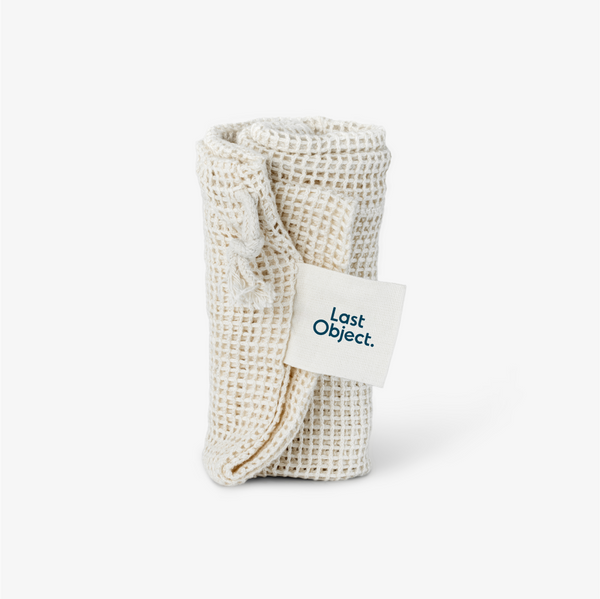The Importance of Reforesting the World
March 31, 2021Take in oxygen, release carbon dioxide: this is how we breathe. As we know, CO2 is a greenhouse gas that further contributes to climate change. If only there were species out there that do the opposite by taking in CO2 and releasing oxygen. Oh wait, there are. And they do it free of charge!
Trees are known to be some of the best ways to clean the dirty air that humans have created. Currently, forests sequester around 30% of the world's total CO2 emissions, the rest is absorbed by the ocean or is left in the atmosphere. However, both of those end up furthering the course of climate change.
We have to treat trees right for them to treat us right

Trees, however, are only helpful and good for the planet when we let them live and grow how they are meant to. When we cut trees down for example, or burn them, this actually releases the carbon dioxide that was absorbed during their lives.
This means the more we cut down trees for mass agriculture, the more we clear cut land for infrastructure, or when we harvest trees for their wood, we are contributing to climate change. Sure, trees can be renewable, but they are not renewable when we are treating them the way we are currently.
The world’s carbon cycle is out of balance, and forests are an essential part to the balancing of that cycle once again.
When we think of reforesting, we often think of it in terms of how many logging companies or even federal agencies replant forests: lines of trees just like fields of corn. Have you ever seen a natural forest with nothing but pine trees grown in rows? Probably not. And further, we can hardly call this a forest, more so a monocultured farm.
How to treat forests better

When trees and plants are replanted in a way that mimics nature, the amount of CO2 sequestered is far greater than an unhealthy tree farm. And recent data has shown that allowing forests to regrow on their own (essentially just leaving the land alone) leads to far healthier forests and even more sequestering of carbon.
By allowing forests to regrow on their own, we are letting them do what they have evolved to do for millions of years. This leads to not only more cleansing of the air, but it also helps with other essentials like soil regeneration, habitat restoration, local climate and moisture impact, biodiversity, and more!
Oftentimes too, there can be strategies that have proven effective like the green donut which is more of a blend between natural regrowth and helping the process along. Trees and plant species are lightly planted in a donut shape in previously deforested land, and that donut ends up filling in the rest of the area quickly and in a healthier way.
Our personal lives

In addition to “getting out of the way” as Nat Geo put it, we can also do things to ensure we aren’t contributing to the further degradation of forestland. One area of focus is our consumption and our demand for wood and paper products.
As we know, sustainably certified wood and paper is unreliable at best. So, the best thing to do in that case is to simplify our lives to not consume as much, while also pushing businesses for better forestry practices.
The other areas we can focus on are those that cause deforestation in order to make room. Things like agriculture, development, mining, and more. Overall, these effects can be reduced by simplifying our lives and not overconsuming.
Animal and mass agriculture are one of the leading causes of deforestation, so pushing companies to grow plants more ecologically, and also purchasing types of foods that are grown more sustainably can help tremendously. This is especially important in tropical forests where agriculture is the biggest threat. Here, we can allow for regeneration in these areas which will sequester some of the largest amounts of carbon.

The WRI stated that even while keeping current grasslands and food production, we can increase carbon sequestration by 23% every year through 2050 (or 8.9 billion metric tons of CO2) simply by letting forests naturally regrow themselves.
Of course, this is only a piece to the puzzle. We have to change our food system so we stop cutting down forests, we must curb our overconsumption, and we must still reduce the emissions that we are currently generating...amongst several other things.
But, it’s promising to know that a lot of the solutions out there to this crisis are reverting back to nature, while simplifying and being more intentional about our lives. Instead of only focusing on developing the latest in carbon sequestration tech, we ought to use the technology that has been developed over millions of years: forests and other plants.
MORE Sustainability 101 ARTICLES View all ›
Ready to make
the switch?
- Powerful Cleaning
- Dissolves Easily
- Skin-Friendly
- Eco-Friendly
- No Mess















